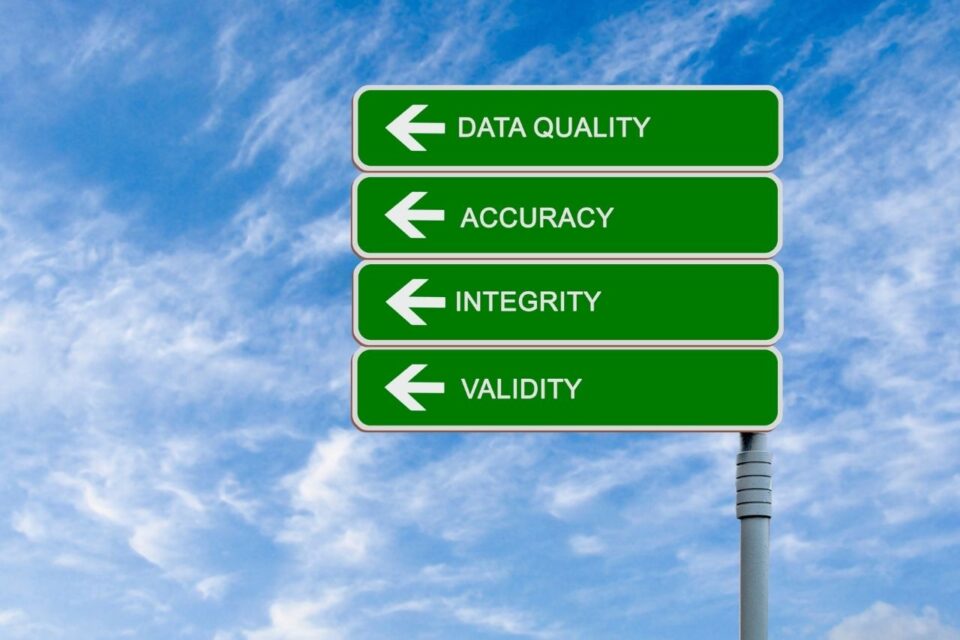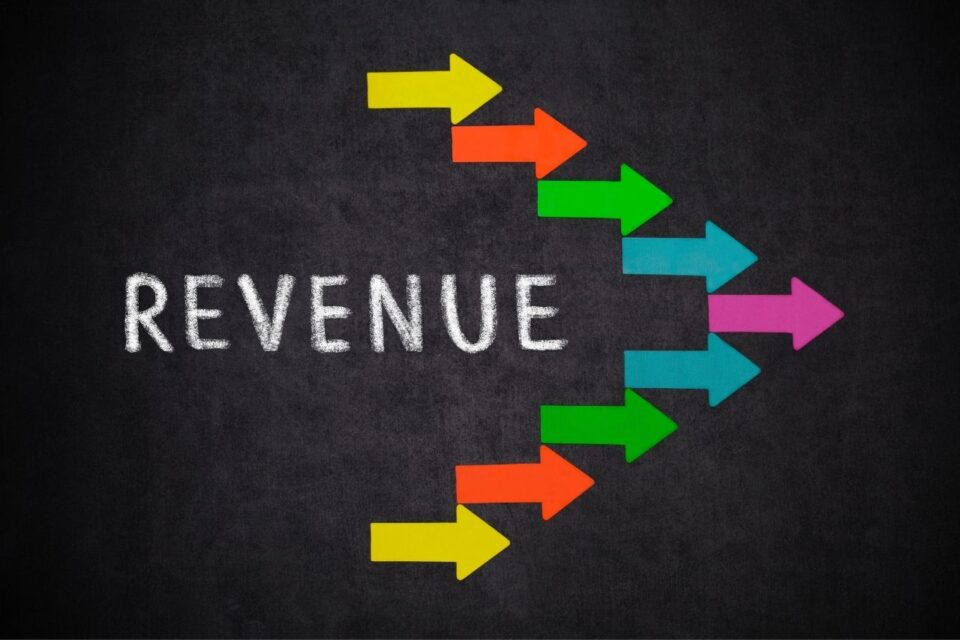
7 Biggest Threats to Revenue Cycle Management Data
October 15, 2019
The Future of Healthcare Revenue Cycle Automation
November 18, 2019Revenue cycle billing is a process mainly used by hospitals to collect and track revenue from patients, from the time they choose the hospital until they exit and clear all dues.
In recent times, hospitals were suing their patients as a strategy to collect revenue from them.
In fact, in different states, the practice of suing patients has become very common, even if the hospital is a nonprofit. It is a very alarming situation and it has hospitals tending to lose their credibility and or patients in the future.
Patients end up paying a large portion of their hospital bills despite having robust insurance plans as the plans are fluctuating over time.
Therefore, the patients are burdened with much of this cost pressure, and then in addition to the hospital’s lawsuits, hospitals will end up losing these customers in the long run.
However, with the help of enhanced technology, hospitals can now improve their revenue collection, and with the help of innovation, it is very easy to find out the total cost of a health care service of a patient, and the division of cost that will be borne by the insurance company and the patient itself.
Such innovative processes can really help patients determine the amount they will be paying in the end beforehand. Patients who have a good understanding of their total bill and are aware of their portion of the bill, tend to pay in the end. This saves hospitals from losing revenue.
If a hospital deviates from the estimated cost-shared with the patient at the initial encounter and charges hidden costs, then it shows the poor cost structure and transparency of the hospital.
Hospitals can benefit in many ways with the help of a strong revenue collection process.
Once hospitals know the estimated total cost of patients at the start, then they can offer charity to deserving patients and collect revenue from the remaining. It earns them a good name among health care service providers.
Moreover, they can also check the track record of each patient and deal with them accordingly.
In a common scenario, usually, the insurance company files the hospital bill claims on behalf of the patients and not the patients themselves. This process takes up 90 to 180 days.
When a claim is generated after 180 days of providing health care service, that’s when the patient finds out the total bill and the portion they will be paying.
By that time, patients tend to forget what they are being charged for and questions the billing process, therefore, it makes the whole process very unfriendly and unpleasant.
Therefore, knowing the bill in its initial process or during health treatment is always better and gives patients proper knowledge of their financial responsibility.
With the help of innovation and transformation in the revenue cycle of hospitals, they can avoid taking customers to court for not being able to pay.
This is beneficial for both patients and health care service providers as it saves both from getting into the mess and promotes trust and a good relationship between both the parties.
Learn how our AllPayor® Software is saving other organizations $$MILLIONS!
If you are interested in a free demo of our AllPayor® Software, please go HERE or you can register for a FREE webinar HERE





